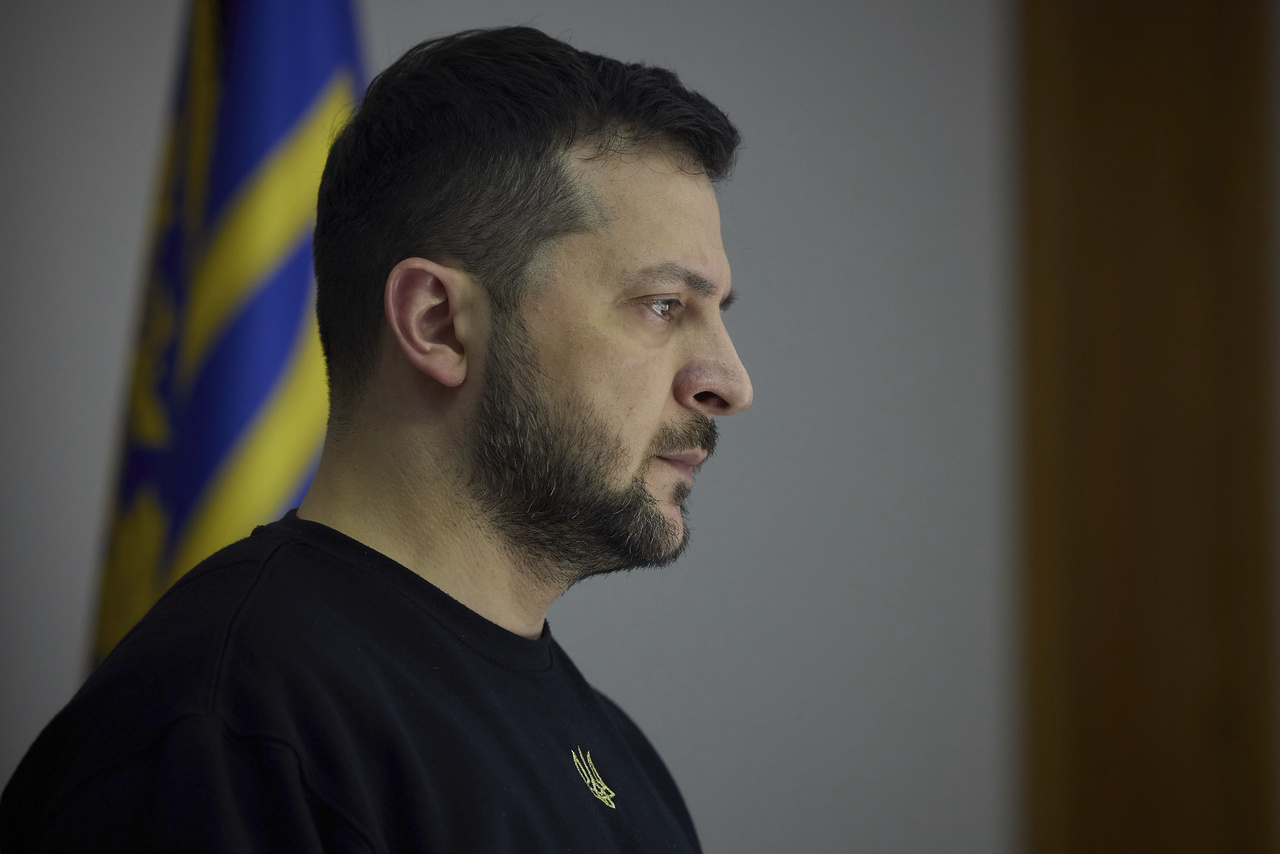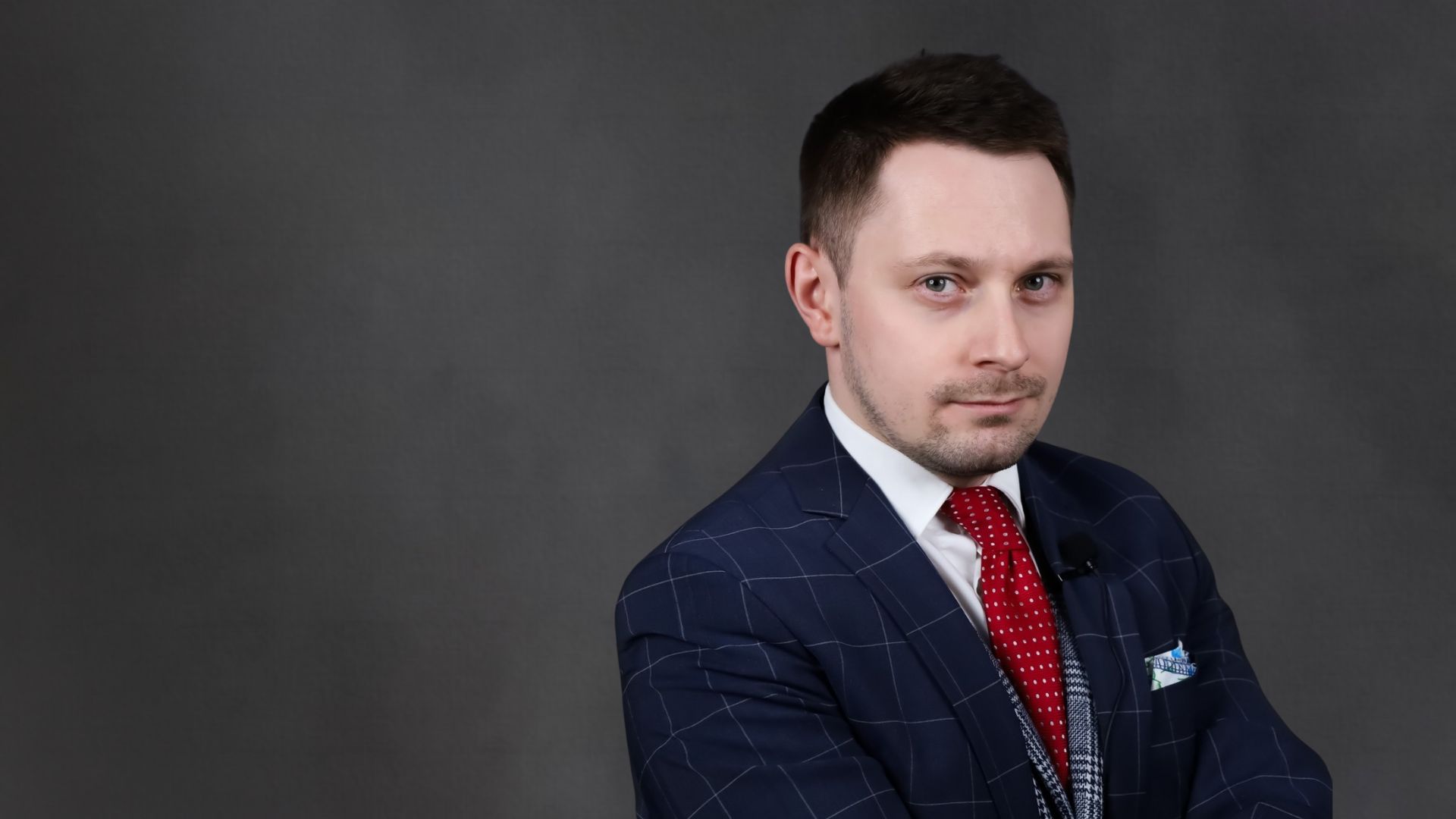Malta Hosts Next Round of Consultations on Peace in Ukraine
The third round of international consultations on peace in Ukraine was held in Malta on 28-29 October. The number of countries involved in the talks has increased significantly compared with the previous meeting, where were held in Saudi Arabia in August. This does not bring, however, the end of the war any closer due to the intransigent position of Russia, which still seeks to subjugate Ukraine.
 Ukraine Presidency/Ukraine Presi / Zuma Press / Forum
Ukraine Presidency/Ukraine Presi / Zuma Press / Forum
What was discussed?
The meeting focused in detail on the issues of food, energy, and nuclear security, the possibility of the release of Ukrainian prisoners and the return of deportees, as well as the prospects for the restoration of Ukraine’s territorial integrity—five of the 10 points of the peace formula, representing the Ukrainian vision of ending the war with Russia. The Ukrainian side presented proposals for concrete actions in each of these areas, developed with the participation of diplomats accredited in Kyiv from countries that already support the peace formula. These included ideas for UN reform and securing the maritime trade route leading to Ukraine’s Black Sea ports. Additionally, the Canadian delegation proposed the creation of an international coalition for the return of Ukrainian children deported by Russia.
Who participated in the consultations?
The talks, to which Russia was again not invited, were attended by 66 delegations representing interested countries and international organisations. Compared to the previous meeting in Saudi Arabia where 42 delegations were present, the circle of countries participating in the consultations has expanded considerably since it launched in Copenhagen in June due to the greater involvement of countries from Asia, Africa, and Latin America. This is an undoubted success for Ukrainian diplomacy, which has tried to convince these countries to embrace its vision of the peace process. Still, their participation in the consultations does not mean that they fully and unconditionally support the Ukrainian peace formula, let alone that they are ready to engage in practice to implement it. For instance, China, which joined the previous talks in Saudi Arabia, has promoted its own peace plan for Ukraine and did not attend the Malta meeting.
What does Ukraine propose on UN reform?
The Ukrainian delegation proposed reforming the UN Security Council and limiting the veto rights of its permanent members, strengthening the International Court of Justice (ICJ) by giving it absolute jurisdiction over all disputes involving violations of the UN Charter and ensuring the immediate enforceability of its rulings, and creating an early warning system for actions that violate the sovereignty and territorial integrity of states. Although the Ukrainian proposals for Security Council reform are in line with those put forward by other states, the chances of their implementation are low, as a veto by one of the permanent members of the Council, such as Russia, is sufficient to block them. It is also unclear to what extent the reform of the ICJ or the development of new warning mechanisms will be supported by the other UN members.
What will be the next step in the implementation of the Ukrainian peace formula?
Ukraine is seeking to convene a global peace summit before the end of this year with the participation of the leaders of the countries involved in the consultations, in the expectation that they will recognise the Ukrainian vision of ending the war as the sole basis for the future peace process. Simultaneously, the summit participants would launch a multilateral effort to implement each of the 10 points of the formula. Its organisation in such a short period of time seems unlikely, though, as it should be preceded by at least one more round of consultations, dedicated to the remaining five points of the peace formula, covering the most difficult political issues to implement (withdrawal of Russian troops from Ukraine, accountability for Russian crimes, security guarantees for Ukraine). Moreover, it is currently difficult to assess how many leaders, especially from non-European countries, would be willing to attend the summit, let alone accept a document that would have the de facto character of a political commitment to unconditional support of Ukrainian conditions.
Will the Malta (and subsequent) talks bring the end of the war closer?
Whatever the outcome of the talks on the Ukrainian peace formula, it is highly unlikely that the Russian leadership will revise its policy towards Ukraine in the near future and abandon its plans for subjugation. This could only be facilitated by a change in the situation at the frontline and the tipping of the balance of victory in favour of the Ukrainian army. The ongoing process of international consultations on the formula should therefore, first and foremost, be assessed through the prism of the extent to which Ukraine succeeds in actually building an increasingly broad international coalition in support of ending the war on its own terms. To this end, the Ukrainian authorities will seek to involve non-European countries in concrete measures to mitigate the consequences of the Russian invasion as envisaged in the peace formula, such as food security or the return of abducted Ukrainian children, in order to reduce the effectiveness of Russian instruments of pressure on Ukraine.



.jpg)
.jpg)
.jpg)